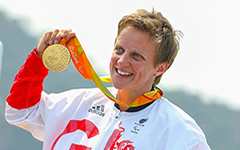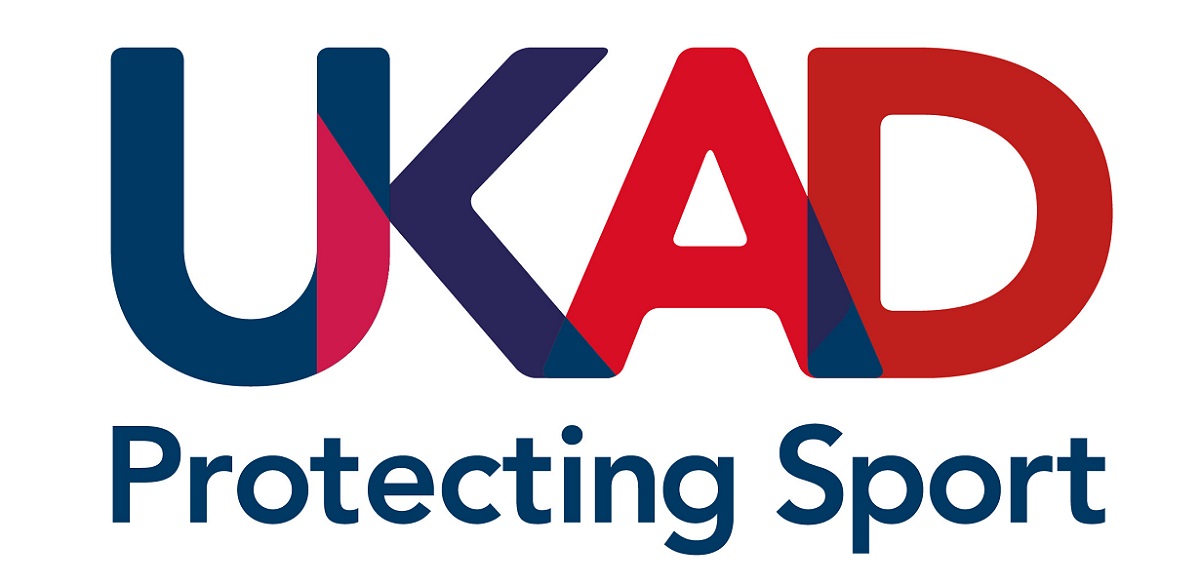Children’s Mental Health Week: Dr Claire-Marie Roberts' top three tips to deal with athlete anxiety
Young athletes must be taught to take the ‘fear out of failure’ to help alleviate the stress of competition and reduce the likelihood of doping, says UK Anti-Doping (UKAD) board member and Chartered Psychologist, Dr Claire-Marie Roberts.
Young athletes, particularly at the elite end, can face many pressures which can lead to doping. Whether that’s a need to return quickly from injury, the desire to be selected for a team or squad, or for those looking to make the grade, while juggling training with school exams and social pressures, there are numerous factors which can affect an athlete’s mental health and result in poor decision-making.
As part of Children’s Mental Health Week, UKAD board member and Senior Lecturer of Sport and Exercise Psychology at the University of the West of England, Dr Claire-Marie Roberts, shares her top three tips for helping young athletes alleviate the stress of competition.
Take ‘butterflies’ as a sign of readiness to compete
Performance anxiety can result in symptoms such as ‘butterflies’ in the stomach, increased heart rate and self-doubt. These need to be reframed, so children see them as a readiness to perform at their very best, rather than a symptom of debilitating anxiety.
Focus on the enjoyment of sport
Parents can be a source of stress in a young athlete’s life, especially if they have unrealistic expectations. This can lead to uncertainty and a loss of self-esteem. Ensure you focus on the developmental journey of the athlete and their enjoyment of sport. These are far more important than any competitive outcome at this stage of life.
Take the fear out of failure
You learn far more in sport from mistakes and underperformance than you ever do from winning, so be sure to take the fear out of failure and transform it into a positive learning experience.
Children’s Mental Health Week, organised by charity Place2Be, runs from 4 – 10 February and encourages children, young people and adults to look after their bodies and their minds.



